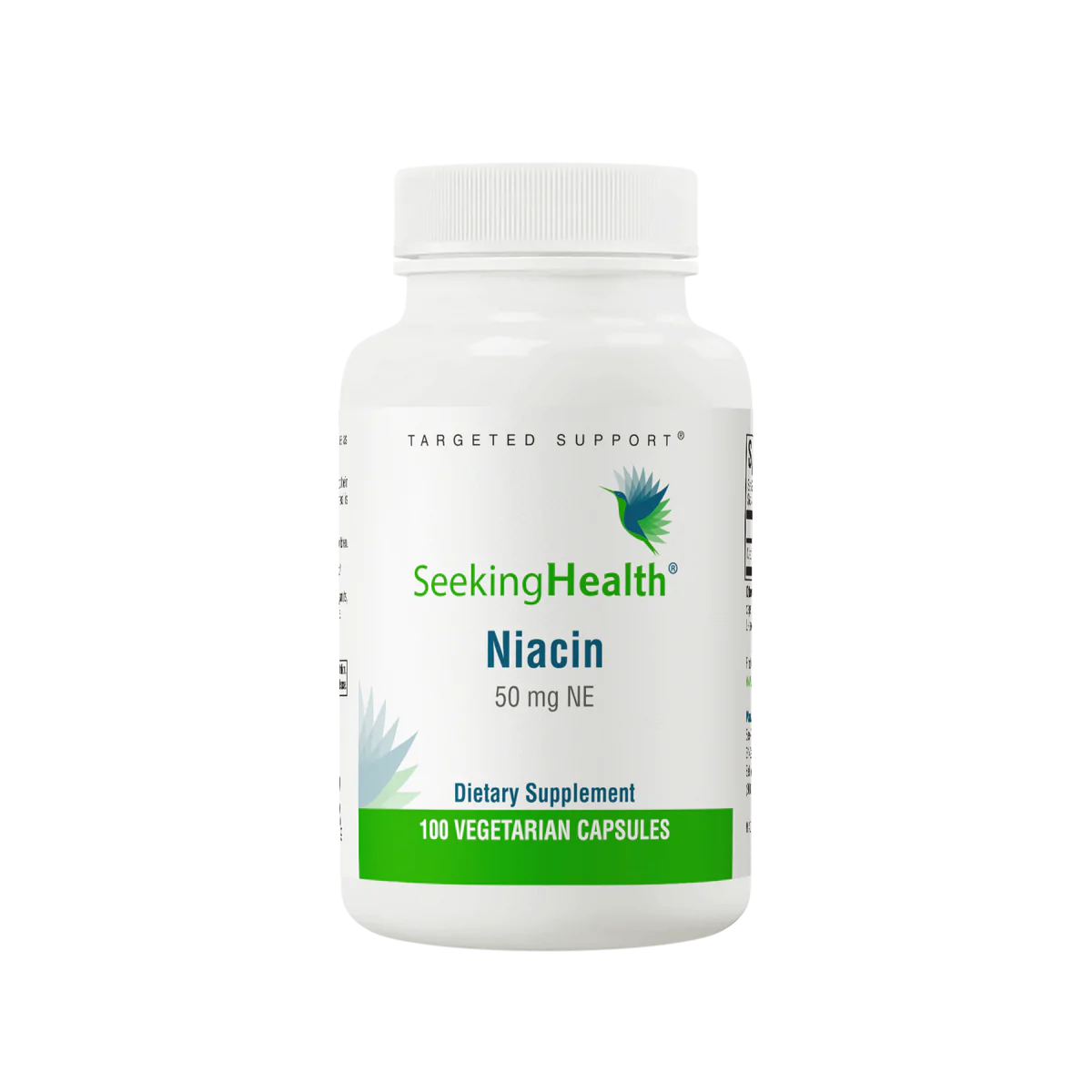Niacin
An organic substance and a formiacin, niacin is also referred to as nicotinic acid. The B-complex vitamins include the water-soluble vitamin niacin. It can be obtained from food and is created by the body from the amino acid tryptophan. Nicotinic acid is another name for niacin.

